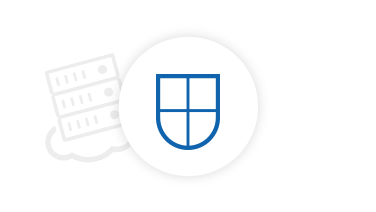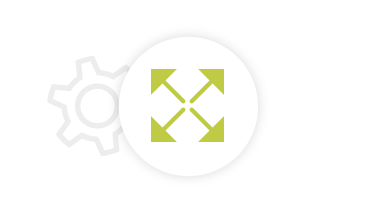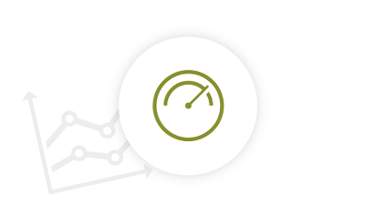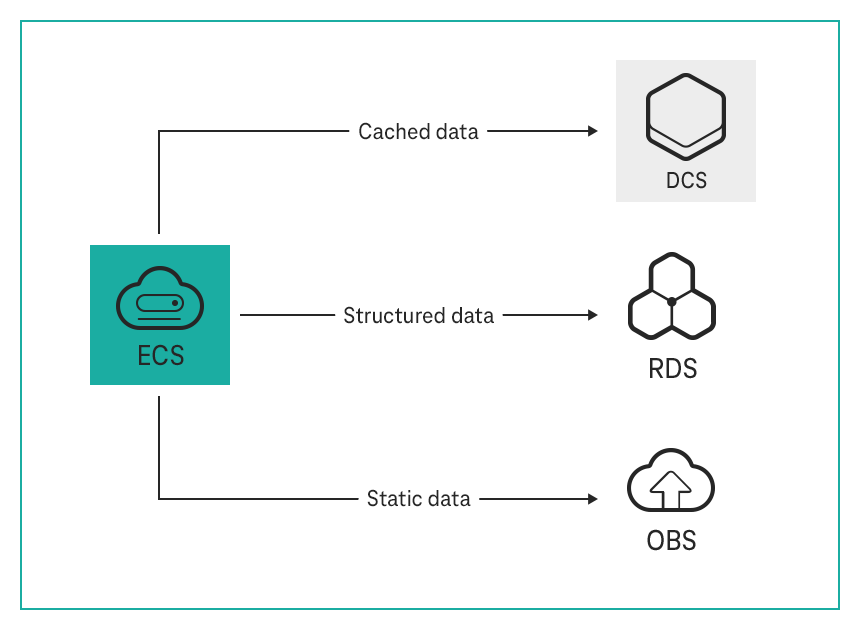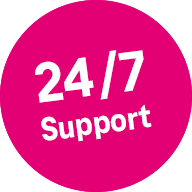When it comes to the structured storage and use of data, databases have become virtually indispensable. Experts often use relational databases thanks to the large variety of possibilities they offer. Clouds enable databases to be used “as a service”: database software and the corresponding hardware infrastructure is packed at the push of a button and high-availability databases are provided in a matter of minutes – for tests, development or continuous operation.
Relational Database Service (RDS) is a cloud-based web service that is reliable, scalable, easy to manage, and ready for immediate use. RDS provides a comprehensive performance monitoring system, multi-level security protection measures, and a professional database management platform, allowing you to easily set up and scale a relational database. RDS supports database services such as MySQL, PostgreSQL and Microsoft SQL Server.

